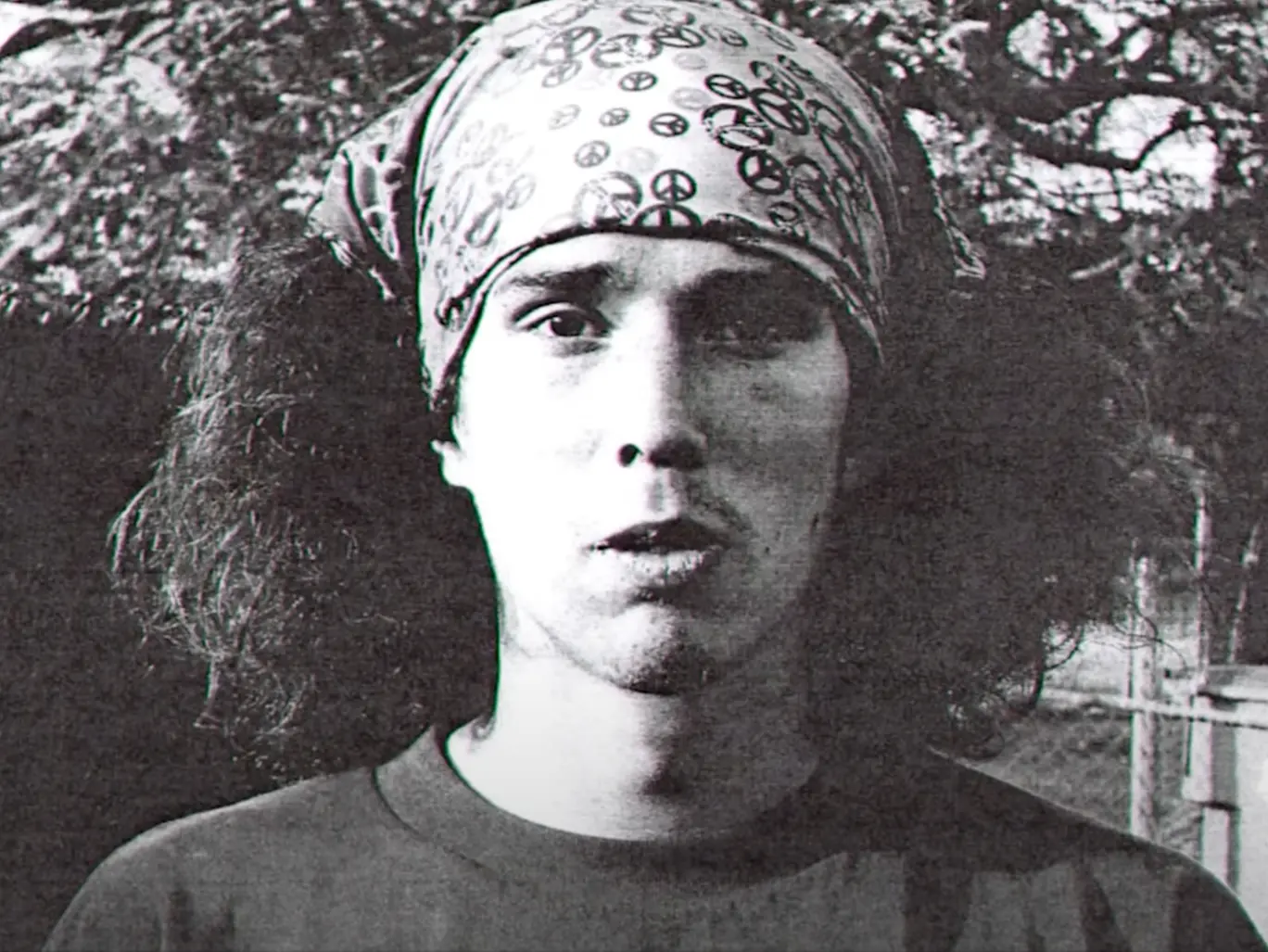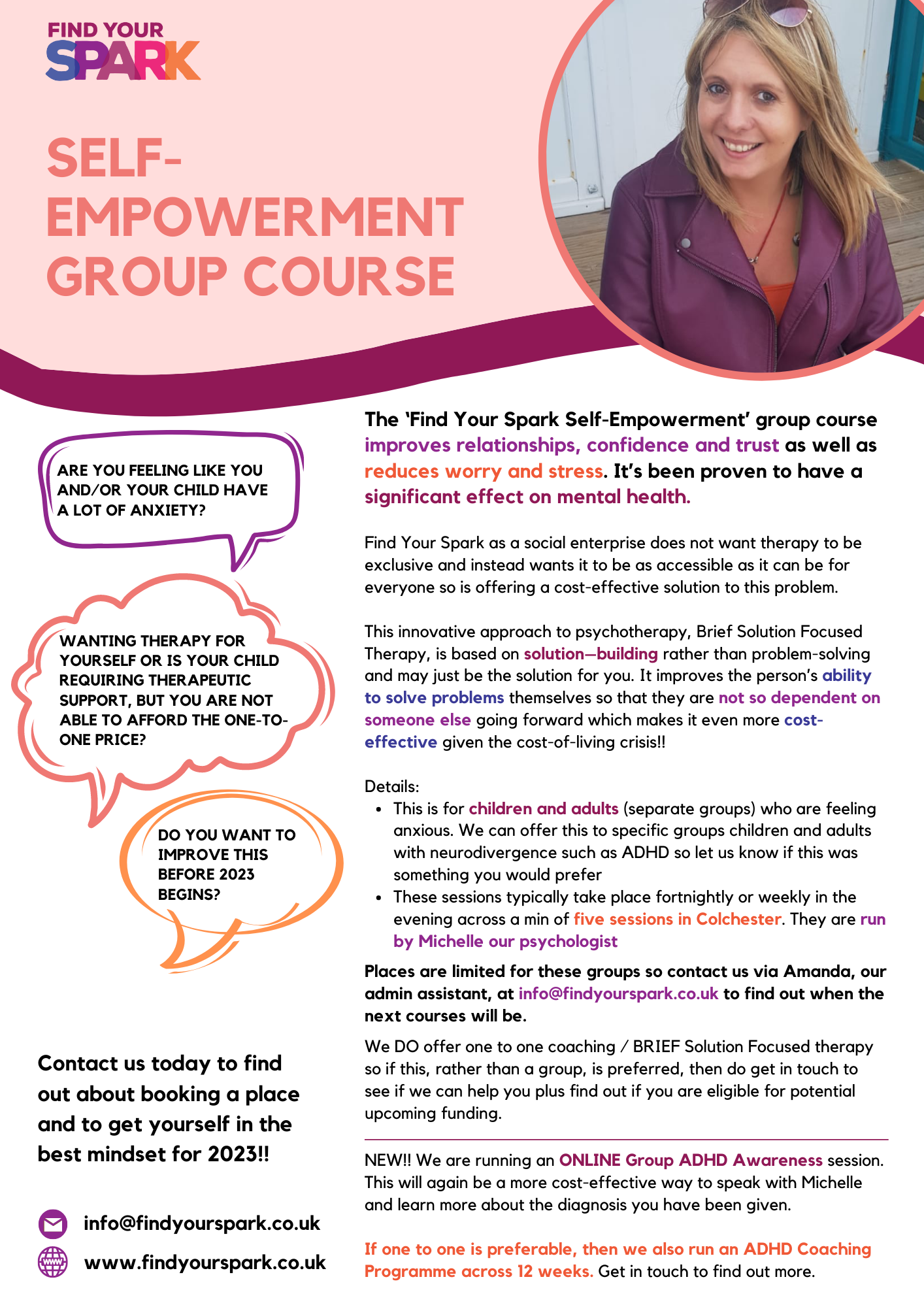To those of you who didn’t see or hear about it, Prince Harry was ‘diagnosed with ADHD.’ I use this term loosely and in quotation marks as it was not a proper diagnosis by any means and was done based on Gabor Mate (who is not a psychiatrist) reading his book. Given that I have ADHD, and I have always had a soft spot for Harry and his way of being, it kind of makes sense but again, it is not fact as he has not gone through the proper ADHD diagnosis assessment, which one has to do in order to be properly diagnosed with anything.
Otherwise, anyone could say, ‘I have a bit of ADHD!!’ I suspected for most of my childhood, teenage and adult life that I was different to people around me, but I didn’t know it was because of ADHD. I struggled doing things like tying my shoelaces and getting dressed when others did not and thrived where others found challenge such as academically psychologically. I have tried to conform for most of my life for fear of judgement. I think some of the reflection and even sadness comes from a realisation that I’m 39, and only now beginning to understand why I am as I am which makes me think, how many other Michelle’s are out there, who are asking themselves ‘What’s wrong with me? Why am I different?’ or even worse being punished for being themselves.
Neurodivergent people are often expected to fit neatly into a certain box society expects them to be able to do so.
Many of the best people I know have ADHD, displayed in many ways. It got me to thinking about the well-known and not so well-known people who have ADHD in the media, some of whom give ADHD a good name and some who are unfortunately not. Females with ADHD include comedy great and hero of mine growing up, Whoopi Goldberg, Emma Watson, who played Hermione in Harry Potter and Olivia Attwood, reality star, presenter and so much more whose ADHD is evident in her humour that’s for sure. Solange Knowles, Paris Hilton, and Spice Girl Mel B have also all previously spoken about being diagnosed with the condition.
An Essex, the county I live in, ‘celebrity’ who you may or may not know is Tommy Mallet from The Only Way is Essex who was only diagnosed with having ADHD last year. His anger outbursts on the programme along with his entrepreneurial drive (he founded a shoe company Mallets which is very successful) and his resilience are all signs of ADHD (over 50% of entrepreneurs have ADHD) are evidence of this. I do not watch The Only Way is Essex anymore, but I did watch ‘Georgia and Tommy, Baby Steps’ which looked in-depth at this diagnosis, and I found it to be a really well made programme which was heart-breaking in parts. Tommy is sensitive to sound which made it difficult having a new born baby who obviously cries. I can relate to this (the sounds, not the baby part) and people with ADHD are known to be more sensitive to sound, taste and feeling/textures as well as emotion.
Everyone’s favourite pirate?
Someone else you may or may not have known who has ADHD is Johnny Depp (which may explain some of what went on recently between himself and Amber Heard.); Justin Timberlake and Will I am, both super talented and creative visionaries and Jamie Oliver, cooking extraordinaire who went on to have multiple enterprises based on his initial cooking vision.
Going back to the entrepreneurial streaks that people with ADHD have, Richard Branson has ADHD and said that once he was able to harness his talents and imagination, he was able to build a phenomenal business empire.
There are some with ADHD who give it a bad name and reputation but do they really?! Or is it that their ADHD has not been spotted in time and therefore not treated and supported, which is what is needed (see the earlier blog post discussing this on the Find Your Spark website). There was a case recently of a young man who tragically stabbed his grandmother to death and they spoke of how he was not getting the right help for his ADHD and was often self-medicating with cannabis. This is a really sad state of affairs, which could have been prevented. Stephen Bear, another Essex reality ‘star’ has also been diagnosed with ADHD and like him or loathe him, he is certainly a character and one wonders whether his ADHD was manipulated as he clearly does not know the meaning of boundaries.
Challenge or Superpower?
I hope I have illustrated that whilst having ADHD can come with some challenges that need support it also comes with lots of gifts and strengths and when you learn how to manage and grow confident in this, it can become what some would call superpowers. People with ADHD have energy, creativity and inspiration which many neurotypical people do not have. There is a difference between neurodivergent and neurotypical people/brains for sure but different doesn’t mean wrong, it’s just that you have a way of thinking and perceiving the world that others do not have. Thom Hartmaan speaks about the Hunter vs Farmer way of being which I feel resonates here and is something I will share in a future blog. I also hope I have reframed ADHD for you as often it can be perceived negatively e.g., ‘naughty boys who cannot sit still’ but actually the reason they cannot sit still is because they have so much energy which is not being utilised in the right way. If utilised in the right way by an ADHD coach who understands the ADHD brain (along with medication if wanted) these challenges can be mediated. If you are looking for the most personable, ADHD coach, Essex has to offer, then look no further and do get in touch to book a free 30 minute exploratory call to see if I am the right fit to help you. Email info@findyourspark.koala-digital.co.uk or visit my website www.findyourspark.co.uk to find out more. I look forward to hearing from you!!!














